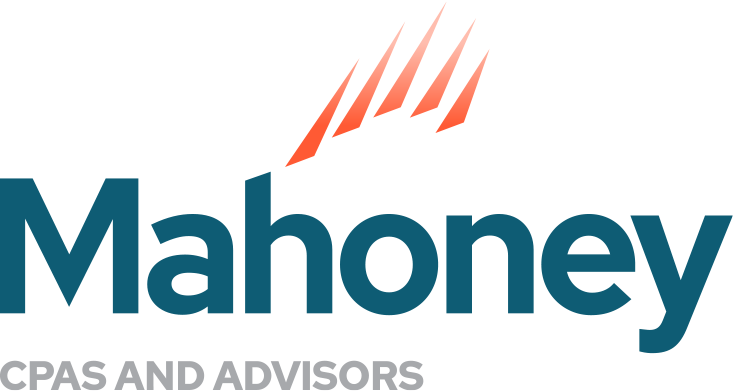
The Basics of Non-Profit Financial Statements
Financial records and reporting are a vital part of managing the operations of a non-profit organization. Without accurate financial recording and reporting, a non-profit organization will be missing a key component in the decision-making process, opening itself up to potential misuse of the organization’s resources. The organization may even find itself out of compliance with IRS and other governing body regulations, leading to fines and other penalties. It is important for non-profit organizations of all sizes, regardless of any external reporting requirements such as an audit, to maintain accurate financial accounting records and use them to produce basic financial statements.
There are four basic financial statements: Statement of Financial Position, Statement of Activities, Statement of Functional Expenses and Statement of Cash Flows. As mentioned above, even if your organization does not require an audit, producing some or all of these financial statements on a periodic basis will provide major insights into the financial health of your organization.
Statement of Financial Position:
The Statement of Financial Position (also commonly known as the Balance Sheet), summarizes the assets (cash, receivables, prepaid expenses, property and equipment, etc.), liabilities (payables, accruals, debt, etc.) and net assets of the organization at a specified date. Net assets are also further broken down into two categories, net assets without donor restrictions and net assets with donor restrictions. By periodically preparing a Statement of Financial Position, an organization can quickly determine its financial health, spot trends between periods and compare itself to similar non-profit organizations.
Statement of Activities:
The Statement of Activities (also commonly known as the income statement), summarizes the organizations revenues, expenses, gains and losses over a period of time. It shows revenues minus expenses, resulting in the change in net assets for the period. Under Generally Accepted Accounting Principles (GAAP), it is also required to segregate revenues with donor restrictions from net assets without donor restrictions. This segregation would not be required if the statement does not need to be produced following GAAP, but often it is beneficial to the organization to know on a summary basis how much of its revenue is received with restrictions. Most often, this segregation is achieved by including two columns on the statement, one with donor restrictions and one for without donor restrictions.
Statement of Functional Expenses:
The Statement of Functional Expenses is a detailed breakout of the expenses of the organization over a period of time, reporting the expenses by their nature and by their function. “Nature” means natural accounts; salaries, rent, and contract services are some examples. “Function” shows whether the expense is related to the program services of the organization or a supporting service. Each significant program must be shown in a separate column. Supporting services include management, fundraising and membership development expenses.
Statement of Cash Flows:
The Statement of Cash Flows summarizes the cash resources that become available to an organization over a period of time and shows how the organization used those resources. It is broken into three categories: Operating, Investing (purchases of fixed assets, other investing activities) and Financing (ex. borrowing/repayment of debt). This statement is especially useful because it provides the actual cash inflows and outflows of the organization.
The four basic financial statements can be extremely useful to non-profit organizations. Getting in the habit of producing them on a periodic basis can provide insights into your organization that otherwise would not be known. Most accounting software can readily produce these statements. The Mahoney team is also available and happy to assist with any questions you may have in preparing these or any other statements that can help your organization.
For additional considerations, please reach out to Josh Russell, CPA, Manager, or review our Assurance Services page.
ADDRESS
10 River Park Plaza, Suite 800
Saint Paul, MN 55107
(651) 227.6695
Fax: (651) 227.9796
info@mahoneycpa.com
© 2024 Mahoney | Privacy Policy
Mahoney Ulbrich Christiansen & Russ, PA



